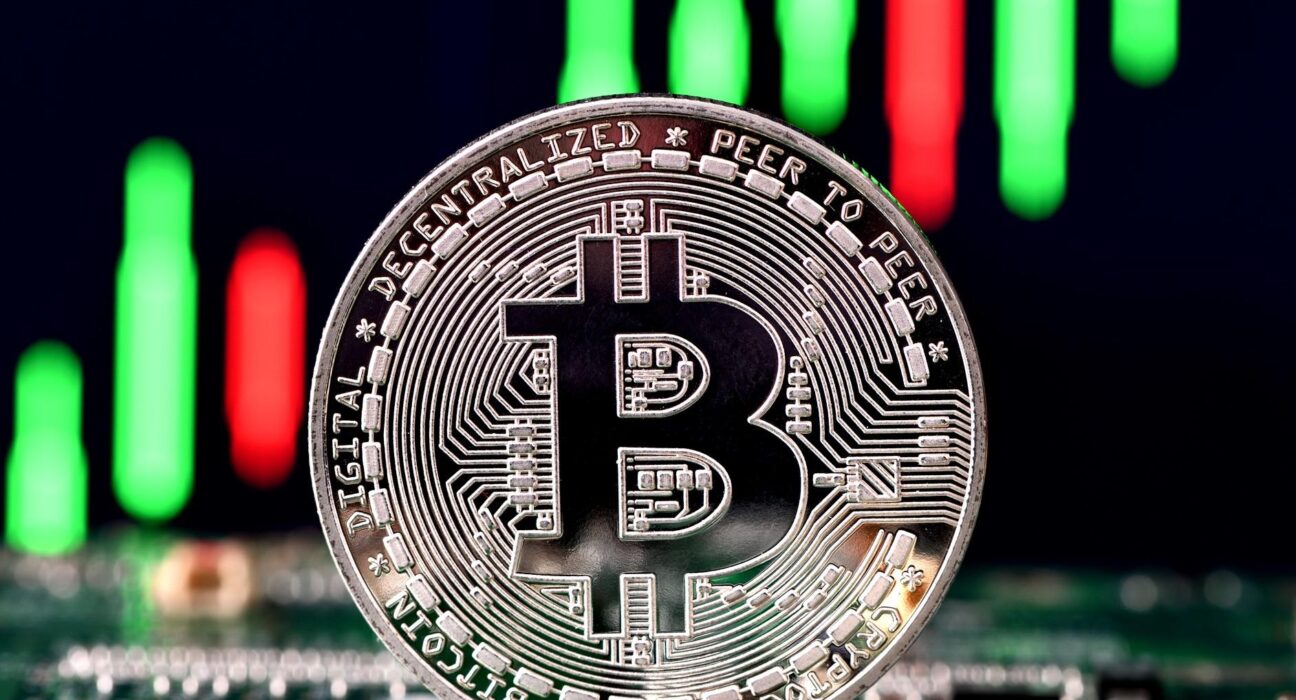In a bold prediction, CitiBank Managing Director Tom Fitzpatrick has forecasted that Bitcoin (BTC) could reach an astronomical $318,000 by the end of 2021. In his report titled “Bitcoin: 21st Century Gold,” Fitzpatrick draws comparisons between Bitcoin’s current trajectory and the 1970s gold market, citing monetary policy shifts and economic conditions as key drivers.
Bitcoin and the 1970s Gold Market: A Parallel Story
Fitzpatrick’s analysis is rooted in historical comparisons, particularly the rise of gold in the 1970s:
1. Bretton Woods Agreement and Gold’s Evolution
- 1944 Bretton Woods Agreement:
- Established the U.S. dollar as a global reserve currency pegged to gold.
- Other global currencies were pegged to the dollar.
- 1970 Gold Rush:
- With industrialization and inflation, the demand for gold soared as people sought to exchange dollars for gold.
- 1971 Fiat Era:
- U.S. President Richard Nixon broke the dollar’s gold peg, ushering in the fiat currency system we use today.
Over the next 50 years, gold prices surged, fueled by inflation and the devaluation of the U.S. dollar—a pattern Fitzpatrick sees repeating with Bitcoin.
Bitcoin: The “21st Century Gold”
1. Monetary Inflation and Devaluation
Fitzpatrick argues that Bitcoin’s rise mirrors gold’s historical ascent. The aftermath of the 2008 Great Financial Crisis ushered in a new monetary regime characterized by:
- Zero Percent Interest Rates: Leading to diminished confidence in traditional currencies.
- Quantitative Easing: Resulting in monetary inflation and devaluation of fiat currencies.
2. Bitcoin’s Bull Cycles
- 2011–2013 Bull Run: Bitcoin surged 555 times, marking its first major bull cycle.
- Fitzpatrick suggests Bitcoin’s price cycles are driven by macroeconomic factors similar to those that propelled gold’s rise.
Why $318,000?
Fitzpatrick’s $318,000 target stems from technical and historical analysis:
- Long-Term Trend Lines: Bitcoin’s price history suggests it undergoes explosive growth phases following periods of consolidation.
- Supply Scarcity: With Bitcoin’s fixed supply of 21 million coins, growing demand could drive prices to unprecedented levels.
Is Bitcoin the New Gold?
Similarities Between Bitcoin and Gold
- Store of Value: Both assets are seen as hedges against inflation and currency devaluation.
- Finite Supply:
- Gold’s scarcity and Bitcoin’s capped supply of 21 million coins enhance their value proposition.
- Safe Haven Asset: Investors increasingly turn to Bitcoin and gold during economic uncertainty.
Bitcoin’s Advantages
- Portability: Bitcoin is digital, making it easier to transfer than gold.
- Decentralization: Operates independently of governments and central banks.
- Programmability: Bitcoin enables innovations like smart contracts and DeFi applications.
Challenges to Reaching $318,000
While Fitzpatrick’s prediction is optimistic, several factors could hinder Bitcoin’s rise:
1. Regulatory Risks
Governments may impose stricter regulations to control Bitcoin’s growth and influence.
2. Market Volatility
Bitcoin’s price history is marked by extreme volatility, posing risks to its stability.
3. Competition from Other Cryptocurrencies
Emerging digital assets could divert investor attention away from Bitcoin.
Conclusion
CitiBank’s $318,000 Bitcoin prediction underscores the growing confidence in Bitcoin as a store of value and an inflation hedge. By drawing parallels with gold’s historic bull market, Tom Fitzpatrick highlights the potential for Bitcoin to transform the global financial landscape.
However, achieving such a target will depend on overcoming challenges like regulatory hurdles and market volatility. For now, Bitcoin continues to gain traction as the “21st Century Gold,” with its fixed supply and decentralized nature attracting both institutional and retail investors.
For more insights on Bitcoin and cryptocurrency market trends, explore our article on crypto market predictions.
Disclaimer: The information provided is not trading advice, Bitcoinworld.co.in holds no liability for any investments made based on the information provided on this page. We strongly recommend independent research and/or consultation with a qualified professional before making any investment decisions.




